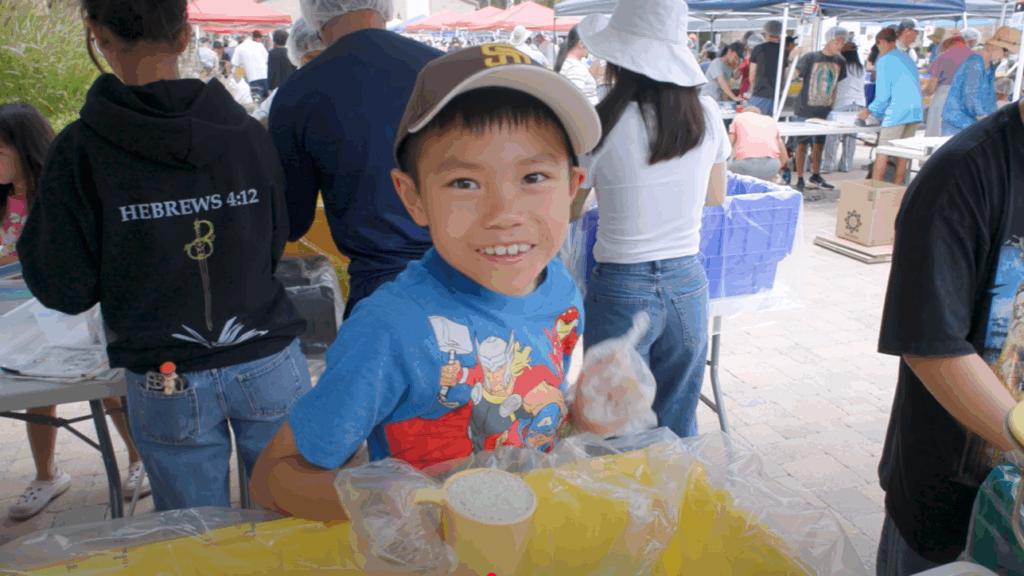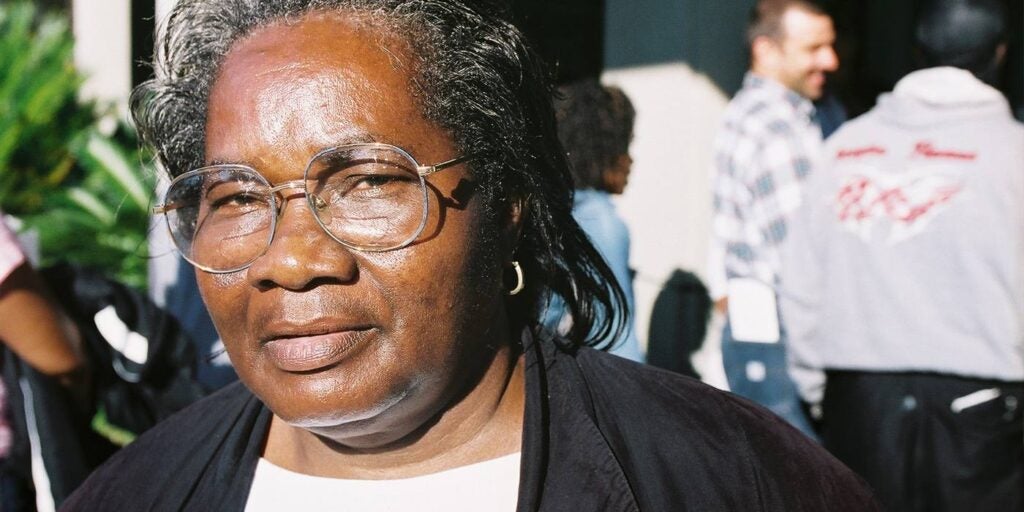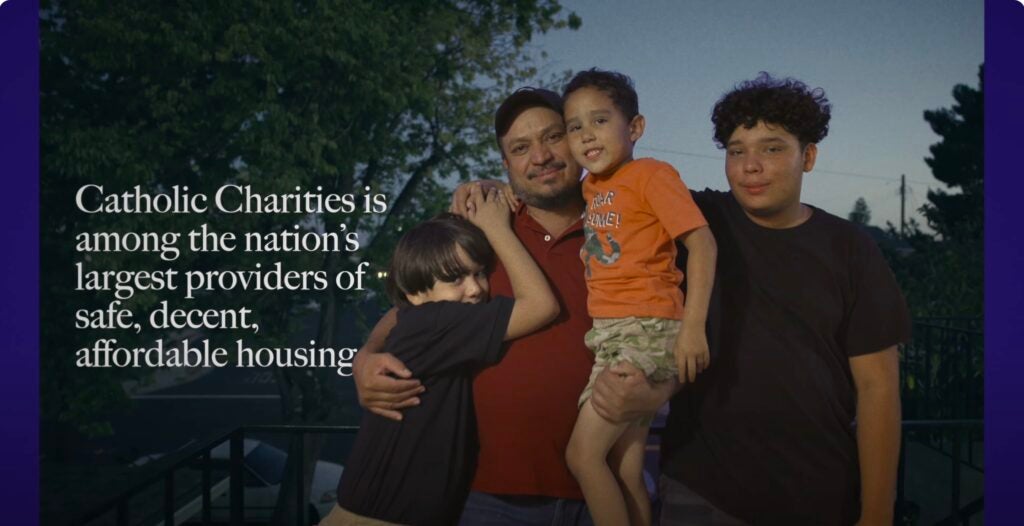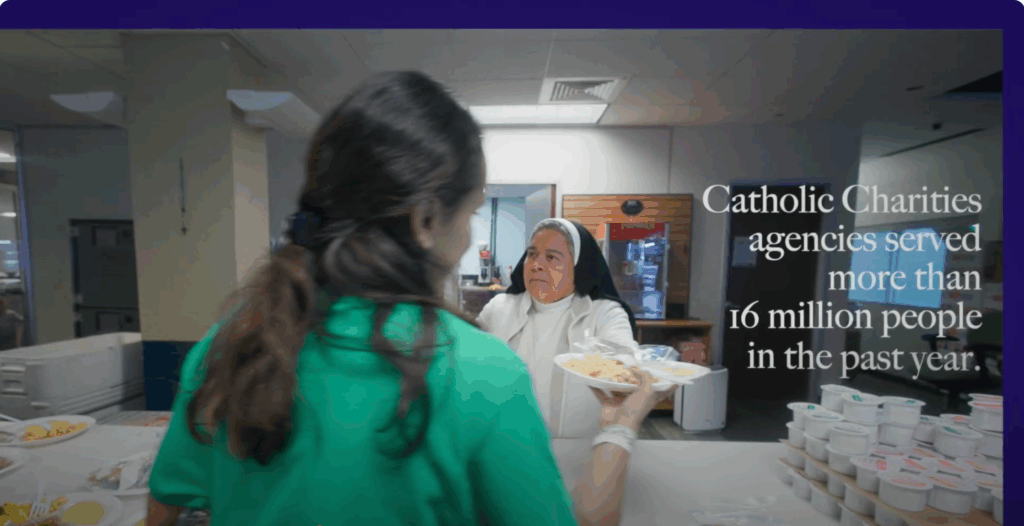

Ernest and Hattie Laday, husband and wife of 43 years, were living on a fixed income when Hurricane Isaac swept through their town of Lutcher, LA. They had no insurance or money to repair their home. Disaster recovery provided by Catholic Charities played a key role in getting them back to a place of self-sufficiency.
Returning families like the Laday’s to their homes is a chief goal of disaster case management. For the people of Southern Louisiana and Catholic Charities Archdiocese of New Orleans (CCNO), disaster resilience has become as much a defining characteristic as jazz music and Mardi Gras are to the city of New Orleans. Since the devastation of Hurricane Katrina in 2005, which was followed by more hurricanes and disasters, CCNO has grown in capacity to collaborate with the wider community and provide recovery assistance to those impacted by disasters.
With its proven history of effective disaster response, CCNO was chosen to lead a consortium of community partners to provide disaster case management and to coordinate assistance and services to those impacted by Hurricane Isaac in 2012. Many of the case managers and administrators of the agency’s disaster case management program had been on staff since Hurricane Katrina and had gained valuable experience in coordinating the services needed.
“Disaster case management is complex work, but it should be seen as an opportunity,” said Tony Wright, director of the disaster case management program for Hurricane Isaac. “When a family is impacted by a disaster, often other underlying socio-economic problems come to the surface. Our model of case management not only addresses the recovery needs but also works to address the underlying problems as well. Our goal is to create long-term resiliency for the family for the betterment of the community as a whole.”
As other agencies know, recovery needs to go on long after the media spotlight on the disaster has waned. Continuing to bring these needs to the attention of government agencies and other funders is an integral piece of disaster case management. The impact of the Hurricane Isaac program will continue, not only in the lives of people whom Catholic Charities has served, but also in the partnerships Catholic Charities has established with government agencies and a network of nonprofits and faith-based groups. With an effective model of case management and collaboration, the community in southern Louisiana has built its own resilience and readiness for future disasters in the state.








